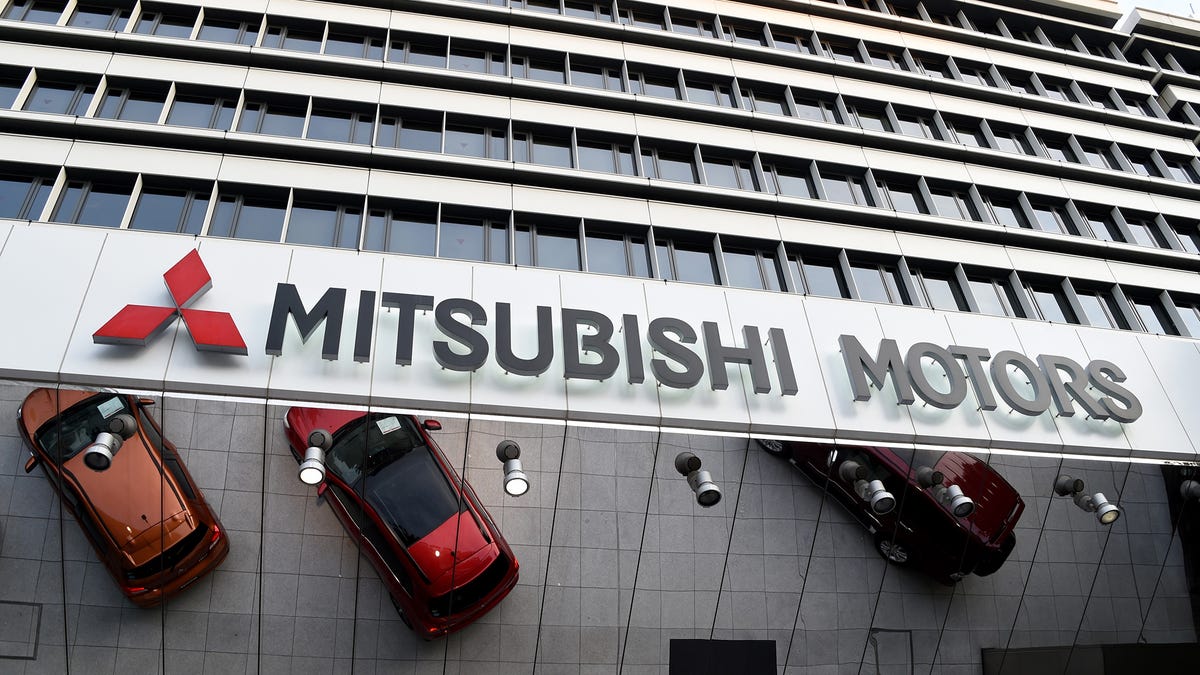Report: Nissan to purchase 30 percent stake in Mitsubishi
File this one under "ridiculous prop bets made while drunk, come to life."

Never in a million years could you have convinced me that I would be writing this, but here I am. According to a report in Nikkei, it appears that Nissan is positioned to purchase a 30 percent or greater stake in Mitsubishi Motors, which is currently embroiled in a fuel-economy scandal that's slowly leaking beyond Japan's borders.
Nikkei reports that both parties are "currently in the final stage of negotiations," which would see Nissan spending nearly $2 billion to become the automaker's top shareholder. At the moment, its chief shareholder is Mitsubishi Heavy Industries, which has a 20 percent stake in the company.
That 30 percent figure is interesting, as it's mirrored in the company's already existing partnership. Currently, 30 percent of Nissan's sales in Japan can be attributed to sub-subcompact cars (aka kei cars), which Mitsubishi supplies. In fact, the two companies already operate a joint program for kei car development, so it's not like these are two strangers meeting on a street corner.
Neither Mitsubishi nor Nissan responded to a request for comment.
Interestingly enough, this rumor arrives on the tail of another report from AP that suggests Mitsubishi's fuel-economy troubles extend beyond kei cars in Japan. According to the report, the automaker is concerned that its lying on fuel-economy tests could expand to all Japanese models. Weirdly enough, Nissan was the company to first report the discrepancy, leading to the current scandal.
If I had been hit upside the head more often as a child, my inner conspiracy theorist might suggest that Nissan intentionally broke this story to send Mitsubishi Motors' value plummeting, making it cheaper to purchase a sizable chunk of the company. But even if I believed that (which I don't), I'd have a hell of a time proving it.

